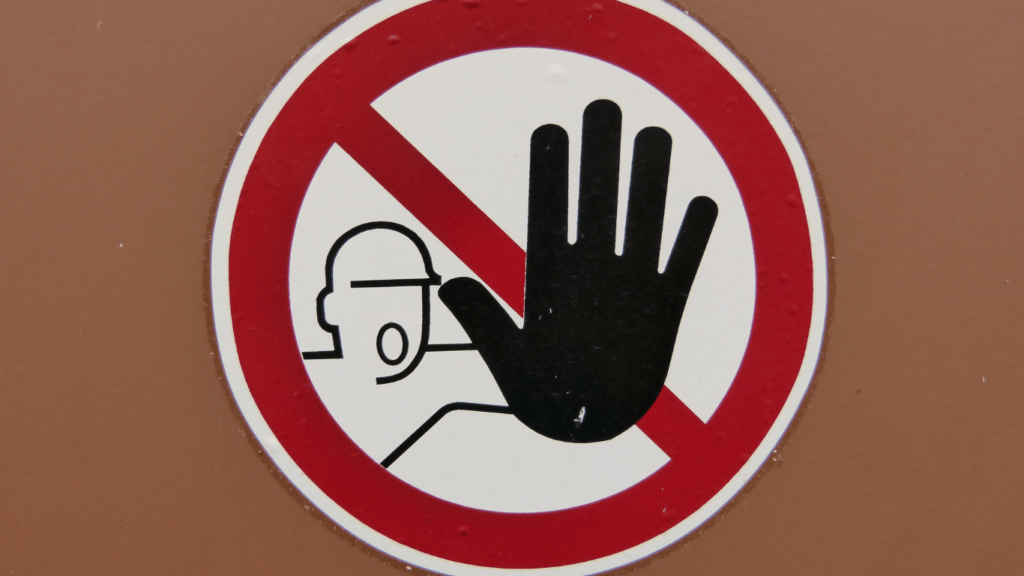Exploring the vibrant city of Bangkok is an exhilarating experience, but navigating its cultural nuances can be a rewarding challenge. In this guide, I’ll delve into the do’s and don’ts of cultural etiquette in Bangkok, offering valuable insights for travelers looking to immerse themselves in the local way of life.
From traditional customs to modern practices, understanding and respecting the cultural norms of this bustling metropolis is key to a memorable and respectful visit. As I share practical tips and advice on how to navigate social interactions, dining etiquette, and religious customs in Bangkok, you’ll gain a deeper appreciation for the rich tapestry of Thai culture.
Whether you’re visiting for business or pleasure, embracing the dos and avoiding the don’ts will not only enhance your travel experience but also foster meaningful connections with the warm and welcoming people of Bangkok.
Understanding Cultural Etiquette in Bangkok
Exploring Bangkok and immersing myself in its rich culture has been a truly enlightening experience. Navigating the cultural etiquette of this vibrant city requires a delicate balance of respect and awareness.
Here are some essential insights to help you appreciate and respect the customs of Bangkok:
Social Interactions
When engaging with locals in Bangkok, it’s crucial to greet them with a respectful “wai” – a traditional Thai gesture. The wai involves placing your palms together in a prayer-like manner and slightly bowing your head.
This gesture shows humility and respect for the person you are greeting. Remember to return a wai if you receive one, especially from elders or individuals in positions of authority.
Dining Etiquette
- Dining Etiquette: In Bangkok, it’s customary to wait for the host’s signal before sitting at the table. Also, avoid pointing your feet at anyone, as feet are considered the lowest part of the body in Thai culture.
- Respect for Traditions: Always remove your shoes when entering someone’s home or sacred places, as a sign of respect for Thai cultural norms.
Religious Customs
Thailand’s predominant religion is Buddhism, and it plays a significant role in the daily lives of the Thai people. When visiting temples or sacred sites in Bangkok, ensure you dress modestly, covering your shoulders and knees.
It’s also essential to remove your shoes before entering a temple out of respect for the sacred space. While inside a temple, maintain a respectful demeanor, speak softly, and avoid any behavior that may disrupt the serenity of the place.
General Etiquette
In general, showing respect for elders, monks, and individuals in positions of authority is highly valued in Thai culture. Avoid public displays of affection, especially in temples or other sacred locations.
Keep in mind that raising your voice or showing anger in public is considered impolite. Maintaining a calm and composed demeanor, even in challenging situations, demonstrates respect and consideration for those around you.
By understanding and adhering to these cultural etiquette practices in Bangkok, you’ll not only avoid unintentional offenses but also demonstrate your appreciation for the rich heritage and traditions of this captivating city. Enjoy your travels through Bangkok while embracing the local customs, and you’ll create memorable experiences and meaningful connections with the people you meet along the way.
Dos and Don’ts of Interacting in Bangkok
Greetings and Gestures
When greeting locals in Bangkok, remember to perform the traditional “wai” gesture by placing your palms together and bowing slightly. While it’s a sign of respect, it’s essential not to initiate physical contact with strangers, as personal space is highly regarded in Thai culture.
Dining Etiquette
In Bangkok, dining etiquette plays a crucial role in social interactions. Wait for the host to indicate where you should sit before taking your place at the table. Also, it’s important to avoid pointing your feet at others while sitting, as feet are considered the lowest and dirtiest part of the body in Thai culture.
Dress Code and Behavior
When it comes to navigating Bangkok’s cultural etiquette, understanding the dress code and appropriate behavior is crucial. In this vibrant city, dressing modestly and exhibiting respectful behavior can go a long way in showing appreciation for Thai customs and traditions.
Dress Appropriately
In Bangkok, it’s important to dress modestly, especially when visiting temples or other religious sites. Both men and women should avoid revealing clothing, and it’s advisable to cover shoulders and knees. By dressing conservatively, you show respect for the local culture and traditions.
Footwear and Feet Etiquette
In Thai culture, feet are considered the lowest and dirtiest part of the body. Therefore, it’s essential to remove your shoes before entering someone’s home, a temple, or certain shops. Additionally, avoid pointing your feet at people, as this gesture is seen as disrespectful.
General Behavior
Maintaining a calm and composed demeanor in public is highly valued in Thai culture. Avoid public displays of affection, as they are considered inappropriate. Furthermore, raising your voice or expressing anger openly is seen as impolite. Showing respect toward elders is also crucial, so be mindful of your interactions with older individuals.
By adhering to these dress code and behavior guidelines, travelers can navigate Bangkok with ease and show reverence for the local customs, fostering meaningful connections with the people of this bustling city.
Navigating Social Norms in Public Places
Exploring Bangkok’s public spaces requires a deep respect for local social norms. Greeting locals with the traditional “wai,” where palms are pressed together in a prayer-like gesture, and bowing slightly, is an essential part of Thai etiquette. It’s also important to maintain personal space and avoid physical contact with strangers to respect cultural boundaries.
When dining in public places, waiting for the host’s guidance before sitting and avoiding pointing your feet at others are crucial to showing respect. Dressing modestly when visiting temples, removing shoes before entering certain places, and refraining from public displays of affection are also key cultural practices that ensure respectful interactions in Bangkok’s public spaces.



 Eva Mander-Jones has been a key contributor to Drip Travels Hide, bringing her expertise in travel research and content curation to the platform. Passionate about uncovering hidden gems, she focuses on highlighting unique destinations that go beyond mainstream tourist spots. Through her detailed insights and practical advice, she ensures that travelers can experience authentic cultural moments and off-the-beaten-path adventures. Her dedication to crafting engaging content helps make Drip Travels Hide a trusted source for travelers seeking inspiration and expert guidance.
Eva Mander-Jones has been a key contributor to Drip Travels Hide, bringing her expertise in travel research and content curation to the platform. Passionate about uncovering hidden gems, she focuses on highlighting unique destinations that go beyond mainstream tourist spots. Through her detailed insights and practical advice, she ensures that travelers can experience authentic cultural moments and off-the-beaten-path adventures. Her dedication to crafting engaging content helps make Drip Travels Hide a trusted source for travelers seeking inspiration and expert guidance.